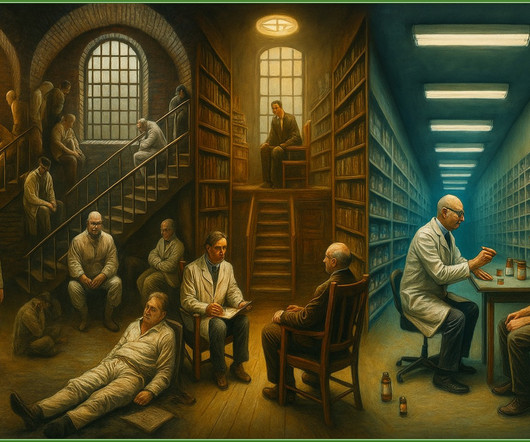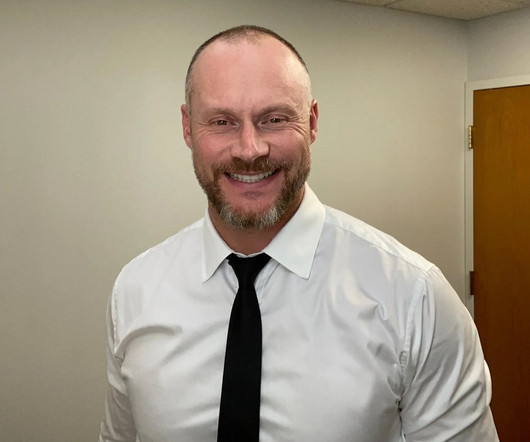5 reasons to cultivate strategic business partnerships
Insperity
AUGUST 9, 2018
When the mandates of the Affordable Care Act hit the marketplace in 2013, for example, insurance brokers nationwide were challenged with delivering additional value to their customers to offset rising healthcare costs for employers. It also allows you to create more authority in your area of expertise. A strategy for success.















Let's personalize your content